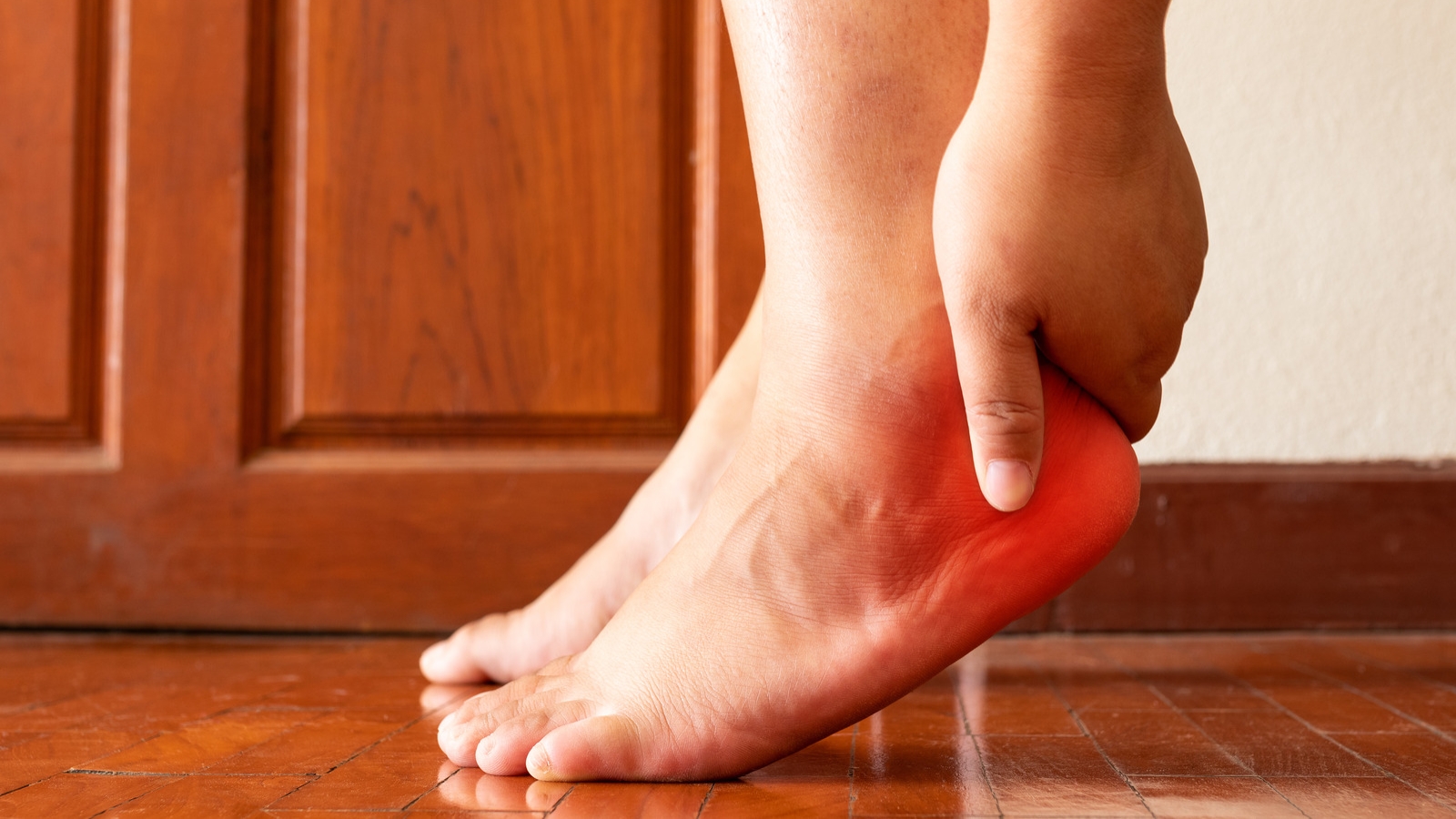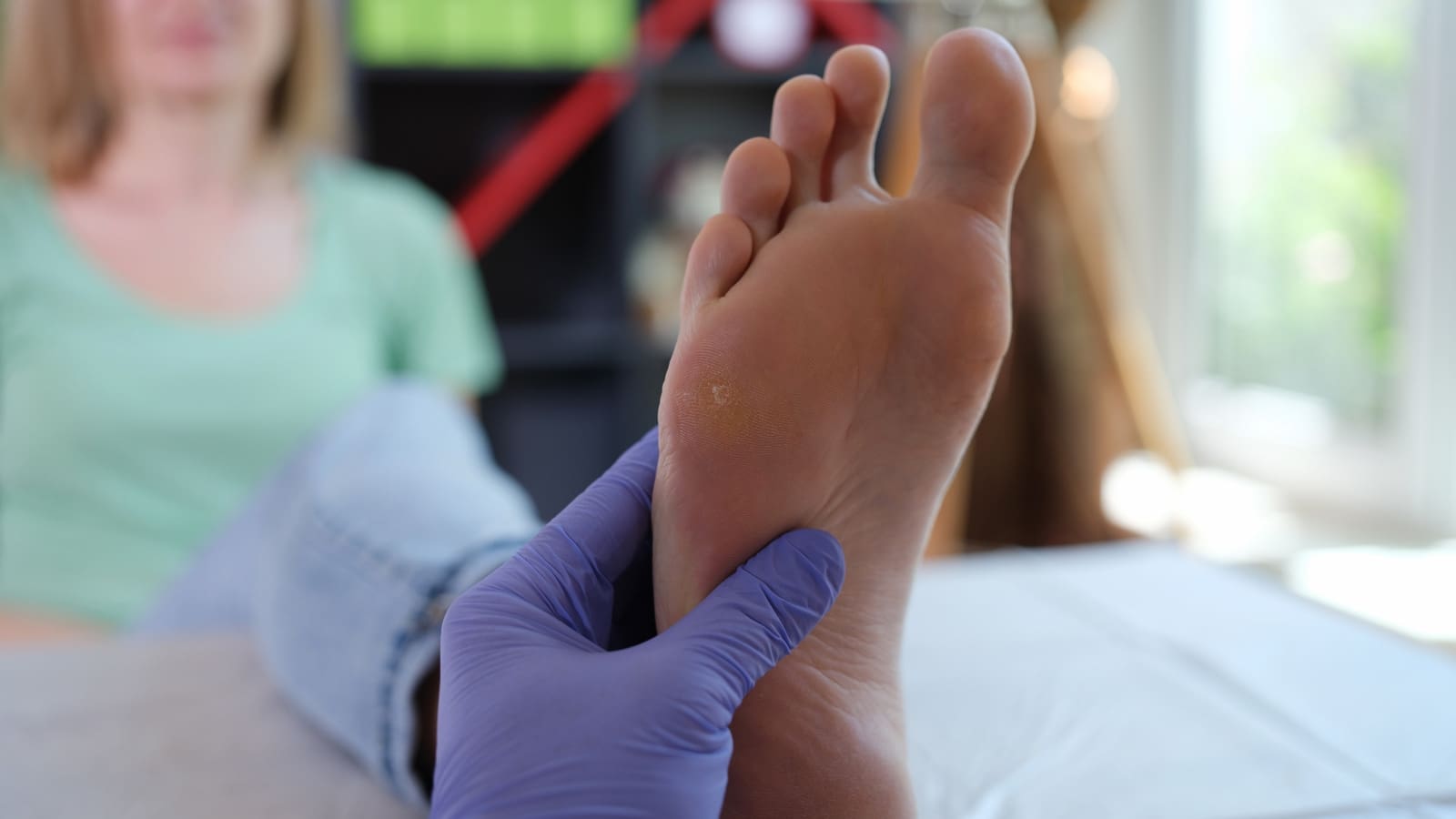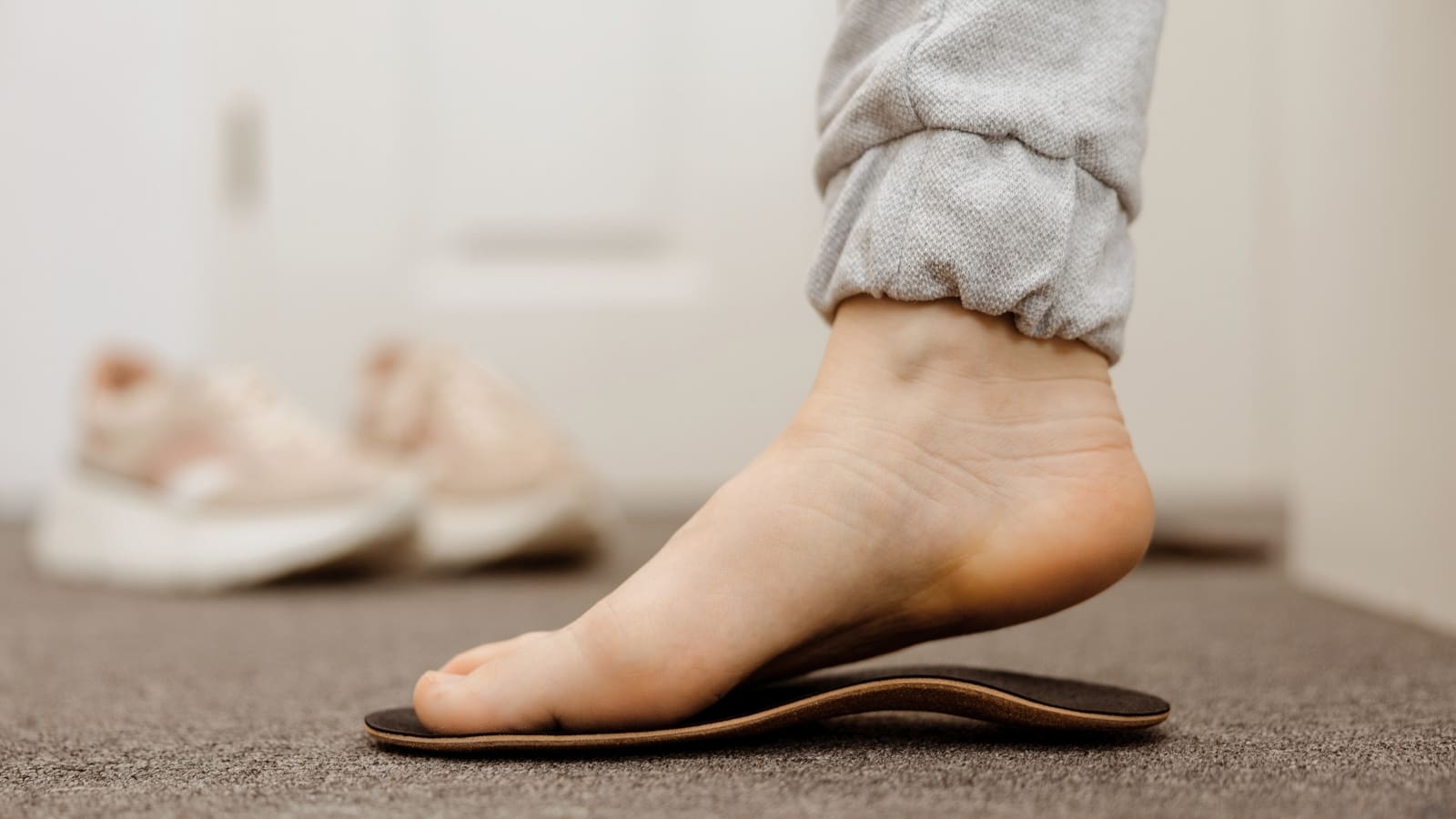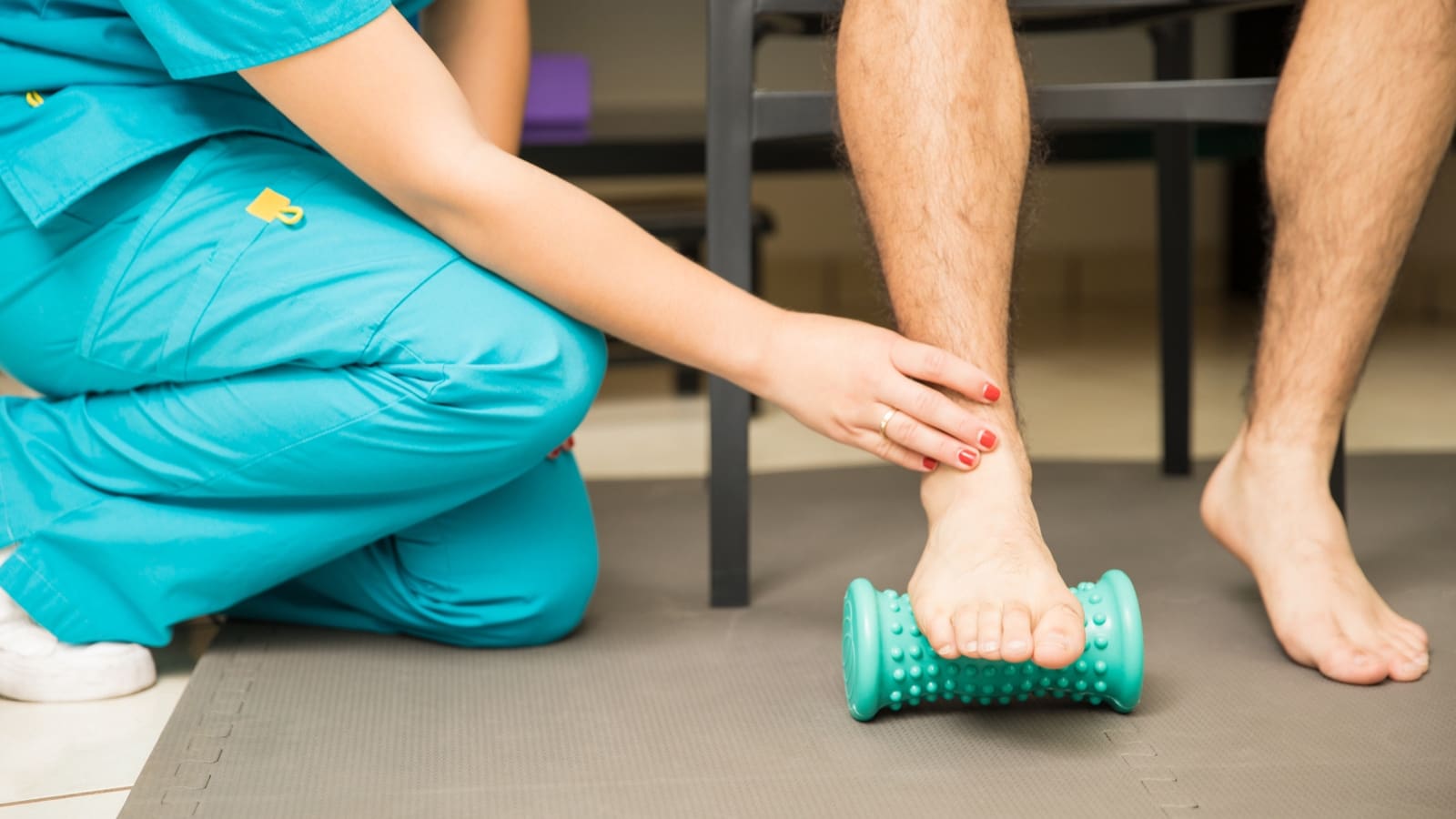Join The Nantwich Clinic Club to keep up to date with news and offers!
Sign Up
Plantar fasciitis is a painful condition that affects the plantar fascia, a thick band of tissue that runs across the bottom of your foot connecting your heel and toes together. It’s one of the most common causes of heel or foot pain and it can make it incredibly difficult to walk, run or even stand for long periods of time.
World famous golfer Tiger Woods was forced to retire from the Masters earlier this month due to a flare up of his recurring plantar fasciitis issues, and West Ham United footballer Vladimir Coufal missed around a month of game time earlier in the football season in relation to plantar fasciitis. But, what actually is plantar fasciitis, how does it affect someone and what can be done to help it to heal?
That’s where the first question and problem lies, because the exact cause of plantar fasciitis isn’t known, although there are a number of contributing factors that include;

While the causes remain relatively unknown, the symptoms are something that are clear though and they tend to develop over time, ranging in severity as they progress. The most common symptom is pain in the heels that tends to be worse when you first get up out of bed in the morning (which is where it gets the nickname “first step pain” from). It can also tend to be worse if you’re inactive for a period of time, such as sitting or driving, and then using your feet again. Other symptoms that plantar fasciitis can pose are;

If you’re experiencing any of these symptoms, one of the best things you can do is book a consultation with our podiatry team today by clicking here or calling us on 01270 627118. We can help to diagnose the issue and discuss possible treatment options with you, but in the meantime there are a number of things that you can do at home to manage the pain yourself.

Most people who struggle with plantar fasciitis tend to see improvements when they are actively trying to treat and manage it, but it can take months for the pain to completely go away. If the pain is severe and stopping you from living a normal day to day life then speaking with a podiatrist is (excuse the pun) always your best step.
Speak to our team today on 01270 627118 to find out more about how we are able to assist with your plantar fasciitis issues!
Whether it’s a quick question that you need to ask, or you would like to book an appointment with us, we want to hear from you. Simply click the button below to get started or contact us on 01270 627118.
